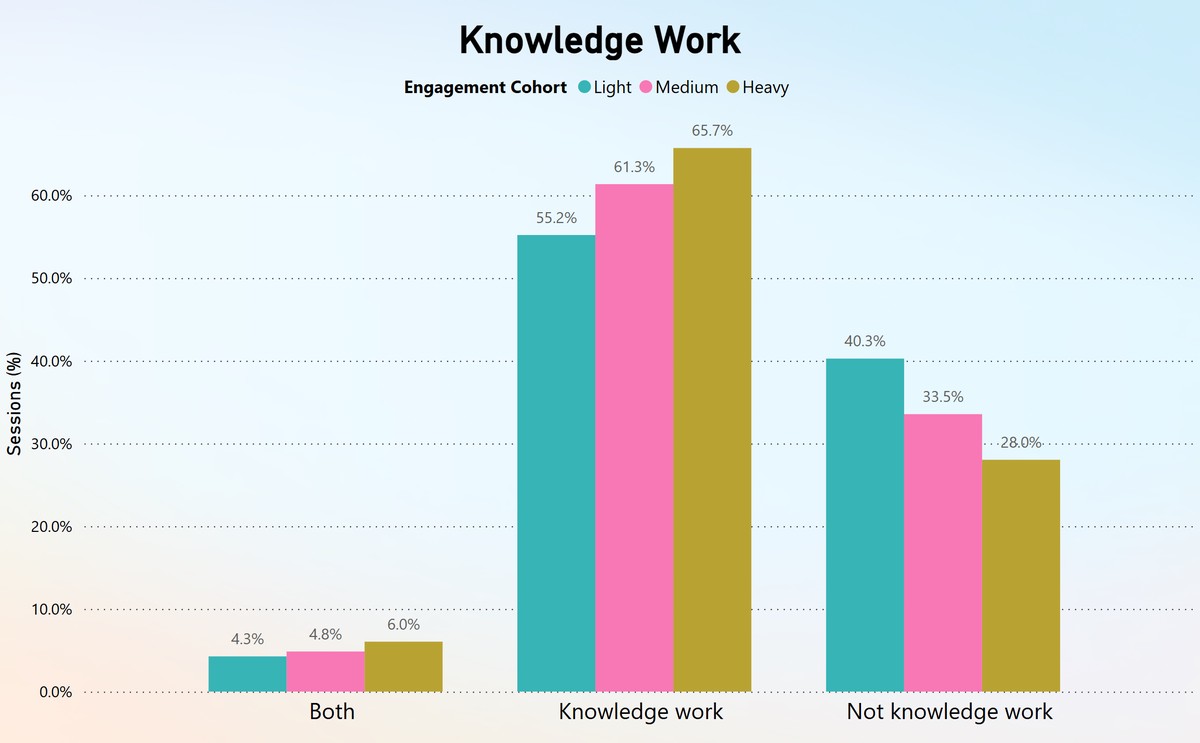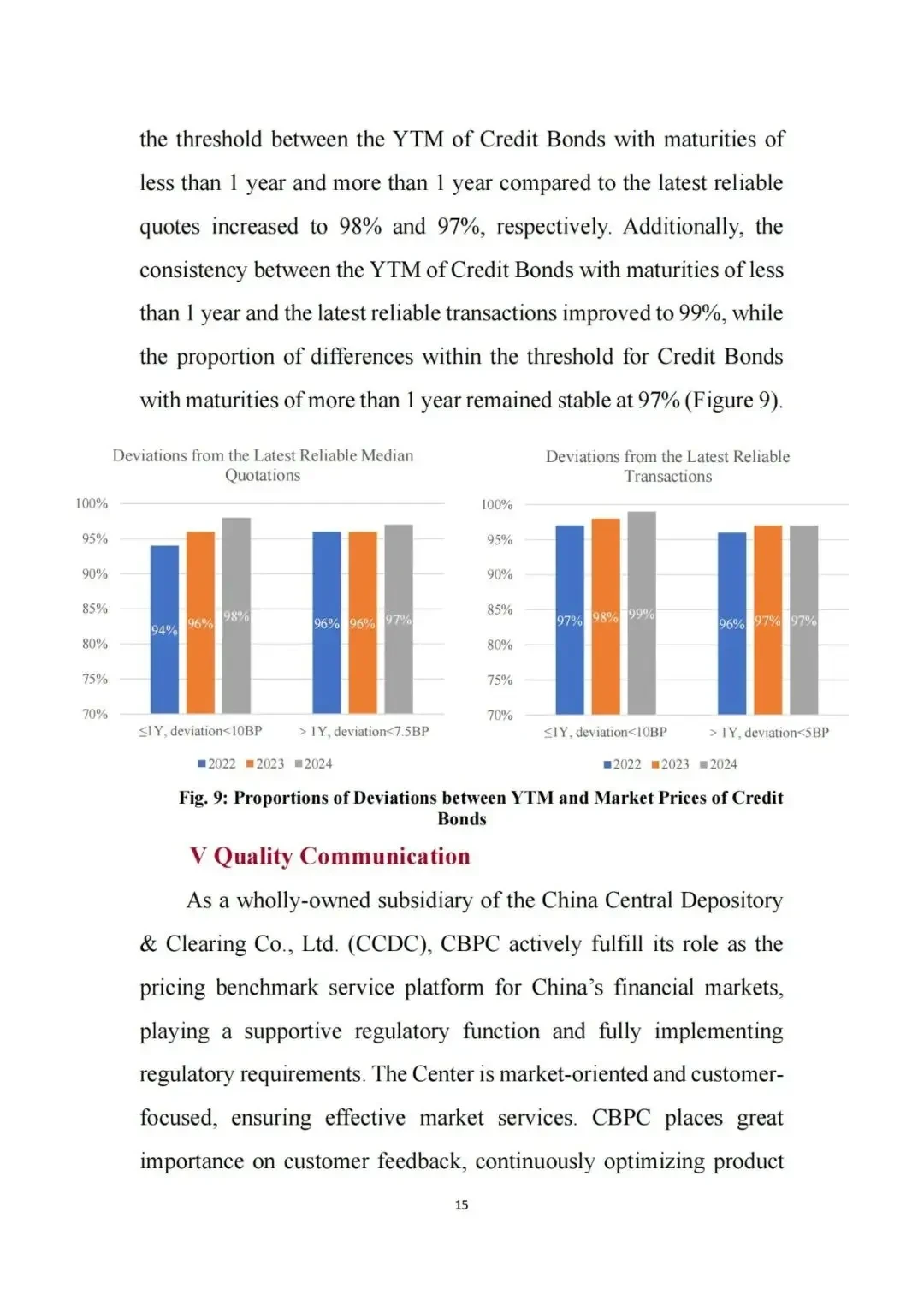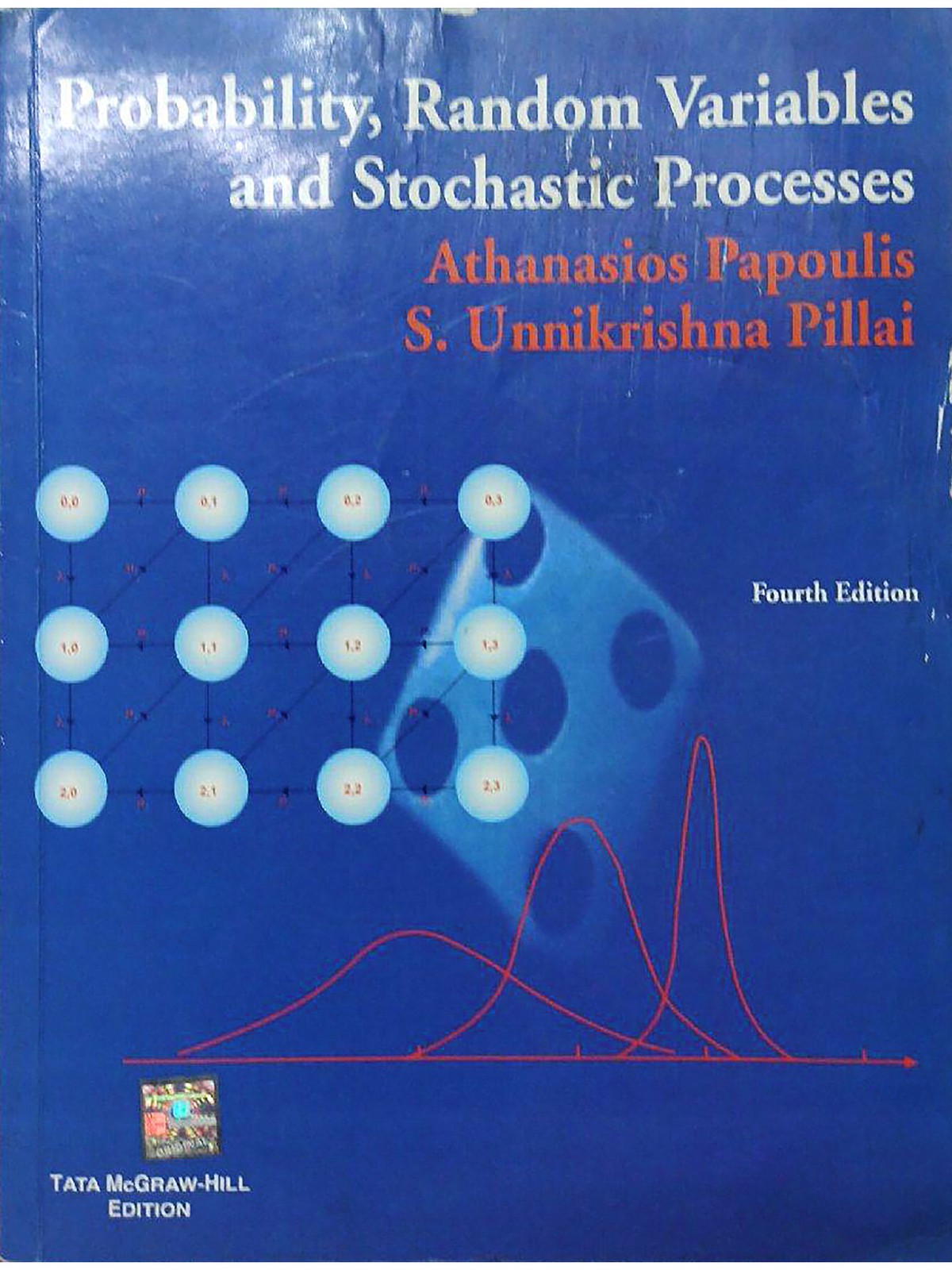


============================================
Introduction
In modern financial markets, matching engines enhancing trade reliability have become the backbone of trading infrastructure. From equities to derivatives and from spot crypto to perpetual futures, matching engines ensure that buy and sell orders are executed fairly, transparently, and at lightning speed. Traders—whether retail investors, institutional participants, or high-frequency trading firms—rely heavily on matching engines to reduce slippage, guarantee fairness, and improve execution quality.
This article provides a comprehensive exploration of how matching engines enhance reliability in financial markets. We will analyze their mechanisms, compare different strategies for optimization, discuss their role in perpetual futures markets, and provide actionable insights based on the latest industry practices.
What is a Matching Engine?
A matching engine is the core software component of an exchange. Its primary function is to match buy and sell orders based on predefined rules, typically using price-time priority or pro-rata allocation. Without a reliable matching engine, markets would be plagued by delays, unfair executions, and potential manipulation.
- Price-Time Priority: Orders are matched first by the best price and then by the earliest timestamp.
- Pro-Rata Allocation: Orders at the same price level are allocated proportionally among participants.
Both methods are designed to ensure order fairness and efficiency, but they serve different market needs.
How Matching Engines Enhance Trade Reliability
1. Latency Reduction and Speed
Reliability in trading often comes down to milliseconds. By minimizing latency, matching engines ensure that all traders—whether using retail platforms or institutional setups—see consistent results and fair execution.
- Benefit: Lower latency means fewer missed opportunities.
- Challenge: Requires expensive infrastructure and constant optimization.
2. Transparency and Fair Execution
Matching engines are governed by clear rules. Traders know that their orders will be executed without bias. This transparency builds trust, a critical factor for markets where billions of dollars move daily.
- Benefit: Prevents favoritism or hidden order handling.
- Challenge: Must constantly undergo audits to prevent systemic bias.
3. Resilience and Uptime
Markets operate 24⁄7, particularly in crypto and perpetual futures. A reliable matching engine can handle unexpected surges in order flow without crashing.
- Benefit: Markets stay operational even during volatility.
- Challenge: Requires robust scaling and failover systems.
Strategies for Enhancing Matching Engine Reliability
Strategy 1: Optimizing Matching Engine Algorithms
Many exchanges focus on optimizing algorithms to improve execution. For example, refining how price-time priority handles edge cases can prevent mismatched trades.
- Pros: Directly improves execution fairness and reduces disputes.
- Cons: May introduce complexity, requiring longer testing cycles.
Strategy 2: Scalable Architecture Design
Some platforms focus on scalable architecture, ensuring that the system can handle massive spikes in trading activity (e.g., during Bitcoin halving events).
- Pros: Handles high-frequency trading loads without downtime.
- Cons: Requires higher infrastructure costs and complex load-balancing mechanisms.
Comparison and Best Choice
- Algorithm optimization ensures fairness.
- Scalable architecture ensures stability under pressure.
- Recommendation: A hybrid approach—deploy optimized algorithms within a scalable architecture—is the most reliable long-term strategy.
Matching Engines in Perpetual Futures
The importance of reliability becomes even greater in perpetual futures, where contracts never expire. Execution delays or failures can cause cascading liquidations. Understanding how does the matching engine work in perpetual futures provides insights into why exchanges invest heavily in reliability.
- Orders are matched continuously with funding rate mechanisms.
- Matching failures can disrupt funding calculations, impacting both retail and institutional traders.
Institutional and Retail Perspectives
Institutional Investors
- Demand low-latency performance.
- Require customizable solutions to handle algorithmic strategies.
Retail Traders
- Value transparency and trustworthiness over pure speed.
- Need simplified order-matching experiences that minimize errors.
This difference explains why some exchanges market themselves as institutional investors and matching engines specialists, while others focus on building retail-friendly platforms.
Real-World Case Studies
Case 1: High-Frequency Trading Firms
HFT firms rely on ultra-fast matching engines. Even a 1-millisecond delay could mean millions in lost arbitrage opportunities.
Case 2: Crypto Exchanges
During 2021’s bull market, many crypto exchanges faced outages due to spikes in trading volume. Those with scalable architectures maintained uptime, proving the importance of robust engine design.
Latest Industry Trends
- AI-driven Matching Engines: Leveraging machine learning to predict order flow and optimize matching dynamically.
- Blockchain Integration: Verifiable on-chain matching engines for transparency.
- Cloud-Native Architectures: Scaling engines dynamically to handle sudden demand surges.
Visual Insights
Matching engine workflow showing order intake, queueing, and execution pathways
FAQ
1. Why are matching engines so important for traders?
Matching engines ensure fairness, transparency, and execution speed. Without them, traders would face slippage, unreliable fills, and systemic risks.
2. How can exchanges optimize their matching engines for reliability?
By combining optimized algorithms with scalable architecture, exchanges can balance fairness with uptime during volatile periods. Continuous audits and stress tests are also critical.
3. What happens when a matching engine fails?
A failure can halt trading, cause order mismatches, or lead to forced liquidations in derivative markets. This is why exchanges invest in failover systems and resilient infrastructure.
Conclusion
Matching engines are the unsung heroes of financial markets. By enhancing trade reliability, they protect traders from execution risks, ensure fairness, and maintain confidence across retail and institutional markets. Whether through algorithmic optimization or scalable architectures, the path to reliable markets lies in continuous innovation.
If you found this article useful, share it with your trading community, leave a comment below, and join the discussion about the future of trading infrastructure.
Would you like me to also create a step-by-step infographic on “how matching engines process orders from entry to execution” to make the article even more engaging?